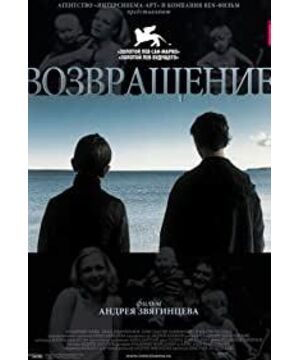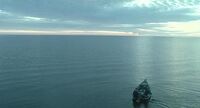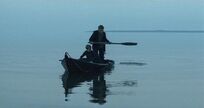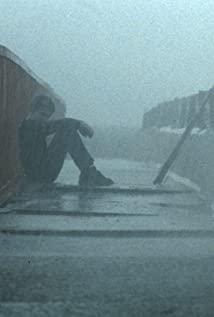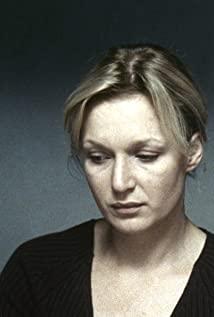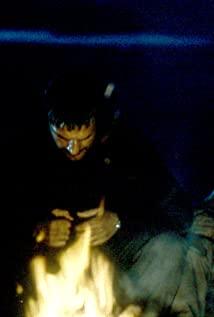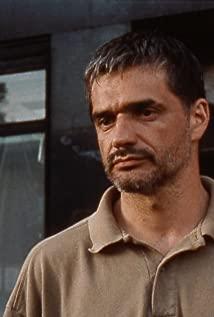——The conflict between "killing son" and "killing father"
God created the world in seven days, corresponding to the appearance and disappearance of the father in one week. The father's return after 12 years of absence corresponds to the time from the disintegration of the Soviet Union to the filming of the film.
Brother Andrei and younger brother Ivan live in a family without a father, and their mother and grandmother take good care of them. The matrilineal family has created the character defects of the brothers. The father returned and lay on the bed alone; the father died and floated with the boat - the same posture as the religious painting "The Last Jesus", the group photo 12 years ago was placed in the Bible, behind which is the story of "Abraham killed his son to sacrifice" ——It alludes to the return of patriarchy, the divinity of the father and the contradiction and conflict between the father and the son.
A fable of life: When his father came back, Andrea expressed his obedience, his eyes were full of worship, and he worshipped strength; Ivan questioned and did not understand: He lived well under the protection of his mother, why do you need your return? The Father's Lesson: On Compassion and Obedience to Order and Authority: Whether it's the dinner table when the father comes back - the instant collapse of the authority of mother and grandmother, or the requirement that every word from Ivan must be called "Dad" or an order on the road Issued, about responsibility and responsibility, about violence and punishment: Andrei was criticized for looking for a restaurant for too long, the gangster stole his wallet and was arrested, Ivan insisted on fishing and was thrown by the roadside in the rain, and he was severely punished when he went to sea for too long ; About sex and emotion: Observe the demeanor of the women who pass by and still have the charm - all of them teach their sons directly or indirectly, a kind of personal teaching - the contradiction also arises from this: living in a matriarchal family for a long time Suddenly being educated by a father who represents the power of power will inevitably lead to contradictions and disapproval, and will resist when accumulated to a certain extent - "killing the father" and "killing the son" form the core proposition of the film
When the conflict reaches the extreme, death is inevitable: the father falls from the high lighthouse - the son grows up by killing his father, when Ivan watched his father's body submerged by the sea, the heart-piercing and sincere cry And Andre's cold but affectionate eyes - the father returns and leaves, love and hate will never be resolved in my heart, the boy becomes a man
Political fable: Twelve years after the disintegration of the Soviet Union, the father returns and leaves after twelve years, the mother lies next to the father's contradictions and entanglements - the father represents a kind of Soviet power and despotism, that is, a radical development concept: Contemporary Russia needs him but does not integrate with him in the end - the son learns from the father what he lacks, the father and the son eventually die and leave due to the lack of strong and sincere communication, and the son: has faith, obeys, and has Question, the contradiction between individualism and collectivism. Russia has respect, love and nostalgia for the departed "father": the Soviet Union, but now they also deeply realize that the dictatorship and power rule of the Soviet Union cannot be compatible with it, and they need a more suitable path.
Finally, the narrative of this process, the shaky shots, the cold and dark tones, and the use of long shots create a very calm style that does not rely too much on the environment and background. The story itself is a fable, and the lens itself is a story. The poetic beauty of emotion and lingering". As a director's debut, it can be said that the starting point is quite high.
View more about The Return reviews


